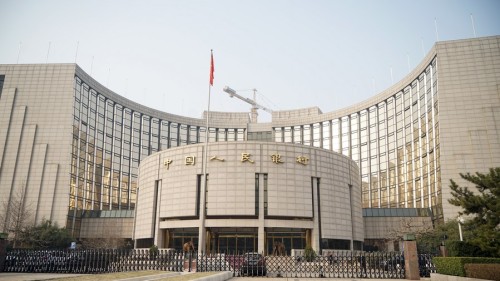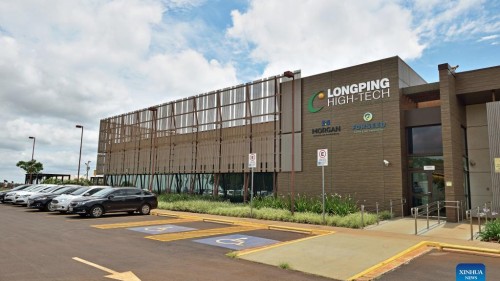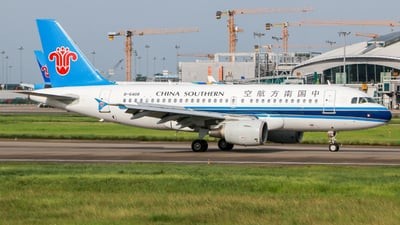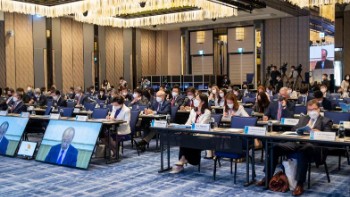Chinese FM on outcomes, consensus of third C+C5 foreign ministers' meeting
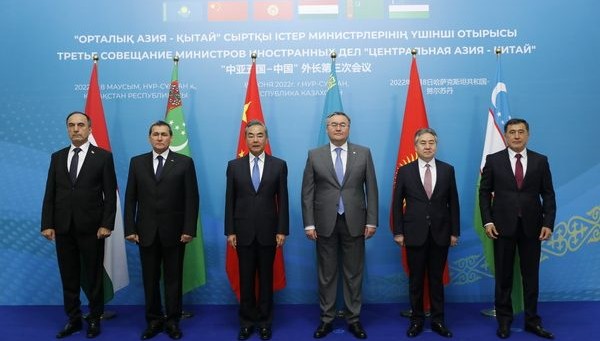
Chinese State Councilor and Foreign Minister Wang Yi on Wednesday attended the third China + Central Asia (C+C5) foreign ministers' meeting here. After the meeting, Wang, together with Kazakh Deputy Prime Minister and Foreign Minister Mukhtar Tleuberdi, met with reporters.
Wang said that the most important task of the meeting is to implement the consensus reached at the virtual summit commemorating the 30th anniversary of the establishment of diplomatic relations between China and five Central Asian countries, while the most important outcome is the unanimous consent on establishing a summit mechanism between the heads of state of China and the five Central Asian countries.
The meeting also adopted four outcome documents, namely a joint declaration of the third China + Central Asia (C+C5) foreign ministers' meeting, a road map for implementation of the consensus of the virtual summit of China + Central Asia (C+C5), an initiative to deepen cooperation in the field of connectivity and cooperation among China + Central Asia (C+C5) countries, and an initiative for cooperation of China + Central Asia (C+C5) countries in the field of data security, he said.
Wang summarized the consensus reached at the meeting in the following 10 aspects:
First, the parties will uphold the principles of mutual respect, good-neighborliness, solidarity and mutual benefit, and commit to building an autonomous, peaceful, prosperous and cooperative Central Asia.
Second, they will continue to jointly build the Belt and Road with high quality, expand all-round cooperation, explore ways to promote financial cooperation, and further enlarge the scale of local currency settlement.
Third, they will deepen connectivity and cooperation, ensure the safe and stable operation of China-Europe freight trains, facilitate customs clearance, perfect the "green passage" for goods and speed up the resumption of flights, so as to ensure complete industrial chains and uninterrupted supply chains.
Fourth, they will coordinate efforts to safeguard security in both traditional and non-traditional areas, jointly combat the "three forces" of terrorism, separatism and extremism, and guarantee food security.
Fifth, they will continue to unite in the fight against the COVID-19 pandemic, actively carry out cooperation in vaccine and drug research and development, establish a China-Central Asia health industry alliance, and set up traditional Chinese medicine centers in Central Asia.
Sixth, they will coordinate positions on the situation in Afghanistan in a timely manner, promote peace and reconstruction in the country, support Uzbekistan in hosting the fourth foreign ministers' meeting among the neighboring countries of Afghanistan and high-level international conferences on the Afghanistan issue, in a bid to maintain regional security and stability.
Seventh, they will deepen their cooperation in such fields as education, science and technology, art, sports, tourism and poverty reduction, and make strides in the implementation of the "One Country, One Workshop" plan and the establishment of culture centers in each other's country.
Eighth, they will promote green and sustainable development, share environmental protection experience and technology, and build a beautiful home where humanity and nature coexist in harmony.
Ninth, they will continue to support each other on issues concerning their core interests, jointly implement the Global Security Initiative and the Global Development Initiative, and contribute to global governance.
Tenth, they will continue to improve the China + Central Asia (C+C5) cooperation mechanism, actively carry out exchanges and dialogue in such fields as political parties, economy and trade, investment, sub-national relations and think tanks, and fully unleash the potential of cooperation among the six countries.
Wang stressed that China will be guided by the consensus reached by Chinese President Xi Jinping and the heads of state of the five Central Asian countries, and continue to deepen political mutual trust and mutually beneficial cooperation with its Central Asian partners, and work together to build an even closer China-Central Asia community with a shared future.











